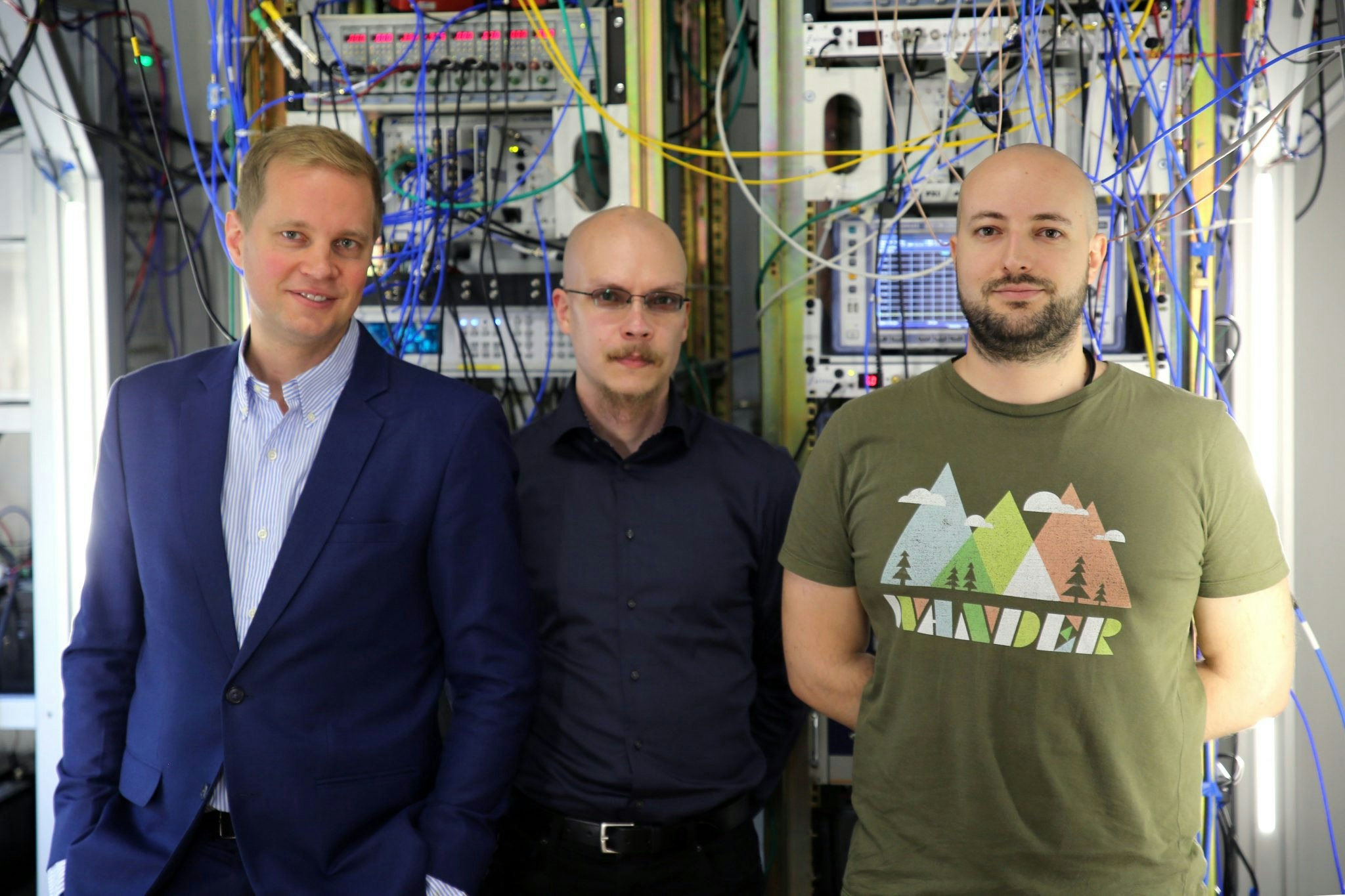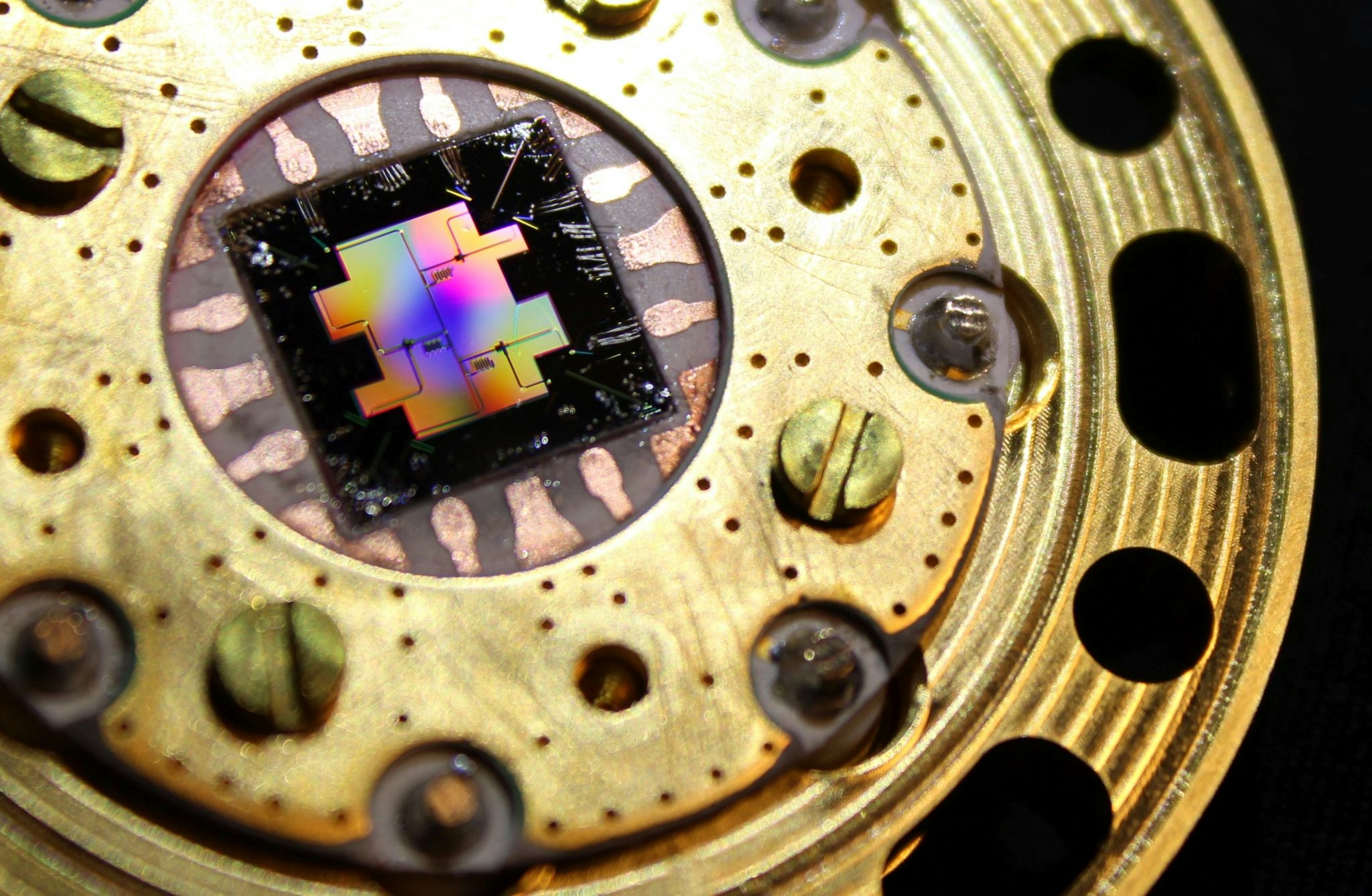Staff at IQM, the Finnish quantum computer startup, have announced a breakthrough that would make quantum computers more accurate and easier to scale up.
Though much of the development of quantum hardware has taken place in the US at big tech companies like Google and IBM, the IQM breakthrough shows that European startups still have a role to play in the development of the new wave of computing.
The research group at Finland’s Aalto University, run by IQM chief scientist Prof. Mikko Möttönen unveiled an ultra-fast and highly sensitive nano-scale bolometer that can detect very faint microwave radiation. It can be used to measure the energy state of a superconducting qubit, the essential building block of quantum computers, faster than conventional methods.
Reading qubits is a tricky business, as they are sensitive, and hold quantum information for less than a millisecond at a time, even when kept frozen at temperatures colder than the dark side of the moon. For maximum accuracy, the method of reading qubits must take the shortest amount of time, allowing as few errors as possible.

The graphene-based bolometer, which is small enough to fit inside a bacterium, is also much smaller than existing readers, and would potentially allow quantum computers to be scaled up faster. It also appears to heat the quantum processor less than existing methods, also helping with the scaling issue. The findings were published in the science journal Nature on Wednesday.
Companies like IBM and Google are racing to build larger quantum computers and earlier this month IBM announced a road map to build a 1000-qubit quantum computer by 2023. Google, meanwhile, has said it would build a million-qubit computer within 10 years.
However, the number of qubits in quantum computers built by Google and IBM remains tiny — IBM’s largest machine, unveiled recently, has just 65 qubits.
IQM is still on a much smaller number of qubits — its first commercial machine, expected to be produced by the end of this year, will have just 5 qubits, but IQM says it expects to move from there to 20 qubits in a year, and then to 50 qubits a year later.
Developments such as the new bolometer will help IQM reach these goals, said Prof Möttönen.
Dr Kuan Yen Tan, cofounder of IQM who was also involved in the research, adds: "We consider this an exciting milestone in the field of quantum technology. IQM is constantly looking for new ways to enhance its quantum-computer technology and this new bolometer certainly fits the bill."
IQM, which has raised €32m from investors such as Maki.VC and the European Union’s EIC Accelerator programme, is one of the leading European startups working on quantum computer hardware. The company is hiring one of Europe’s largest groupings of quantum engineers and plans to build Europe’s first farm of quantum computers.



